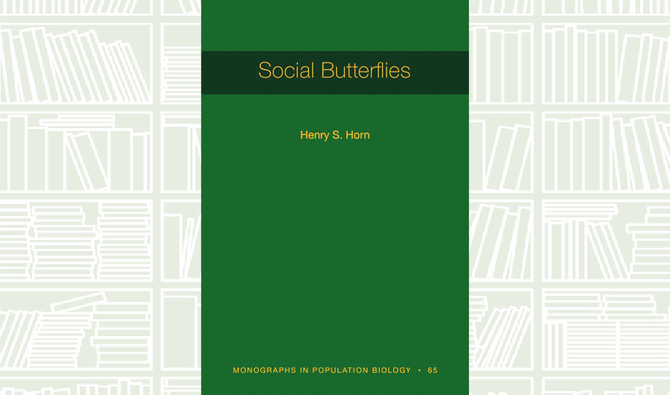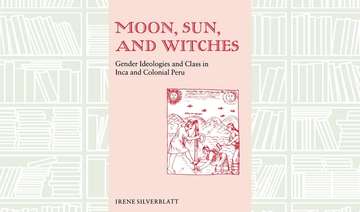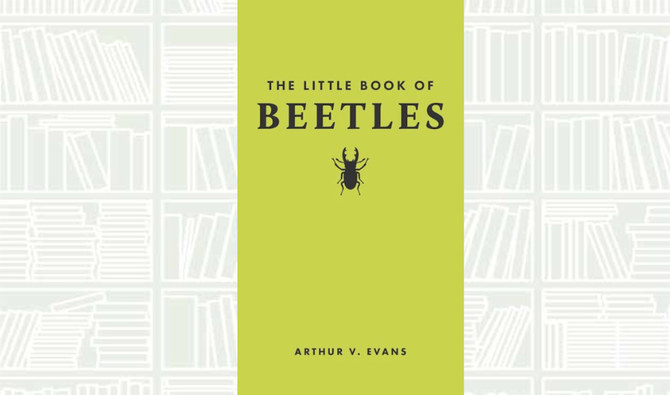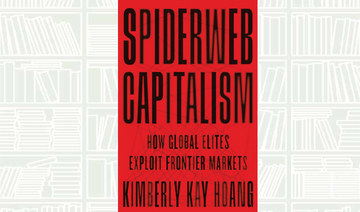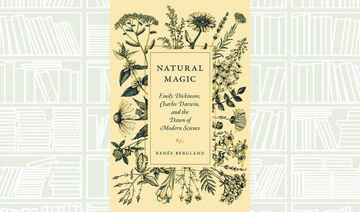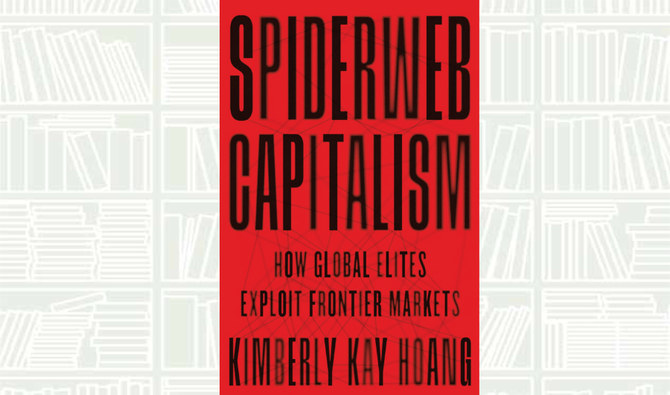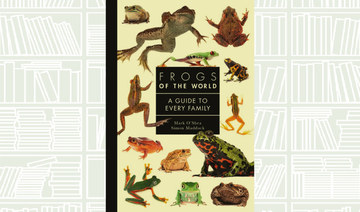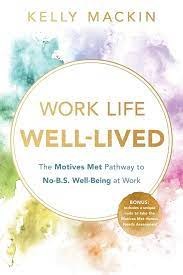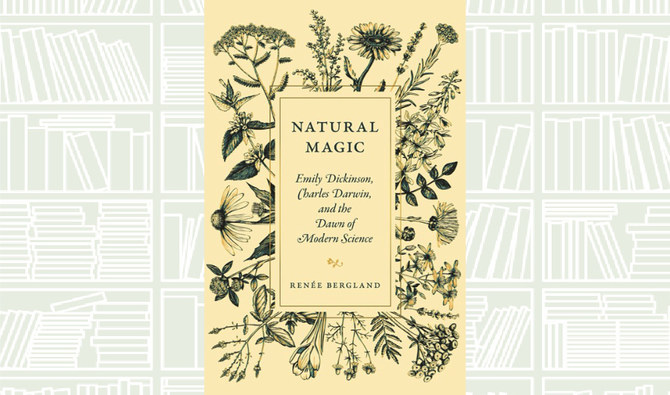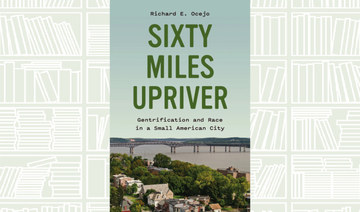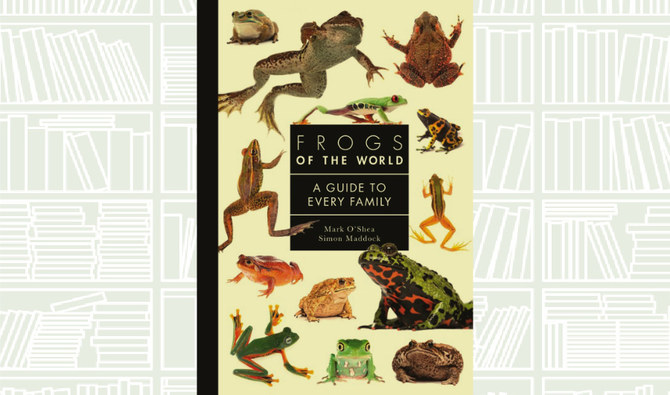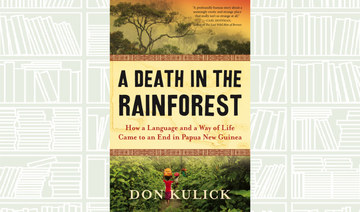Throughout his career, Henry S. Horn took a unique approach to the study of butterflies. This book brings together his findings with recent advances in behavioral ecology to provide an incomparable look at the social lives of butterflies, illuminating for the first time the marvelously diverse range of butterfly behaviors across several species.
Social Butterflies features in-depth studies of five sympatric species—the Plain Ringlet, the Eyed Brown, the Great Spangled Fritillary, the Viceroy, and the Pearly Eye—showing how their social interactions span much of the range of behaviors observed in vertebrates. Drawing on decades of his own keen observations in the field, Horn describes the natural history and behavioral peculiarities of each species and develops models to explain characteristic aspects of their behaviors. He then emphasizes key departures from these models to challenge the notion that butterflies are simply preconditioned to react to stimuli, showing how some make decisions by observing how other butterflies interact with the landscape and each other. Along the way, he sheds light on butterfly territoriality, mating tactics, vagrancy, feeding strategies, and more.
Charting new directions for future research, Social Butterflies poses intriguing questions about the complex and sometimes mystifying social behaviors of these marvelous creatures, making it essential reading for lepidopterists, ecologists, and anyone interested in the social behaviors of invertebrate species.



